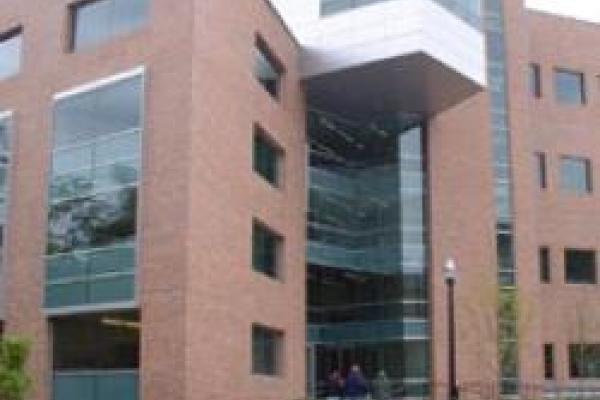
Laser-plasma acceleration is a key enabling technology for a new generation of compact particle and radiation sources. Propagating through the plasma, the laser pulse transfers its energy to plasma electrons that then deposit their energy into various channels, leading to the production of energetic protons, hard X-rays, or positrons. Numerous applications require a high-charge, high-current electron beam that the wakefield acceleration mechanism cannot provide. This talk will present two new complementary collisionless mechanisms that enable generation of copious super-ponderomotive electrons in a subcritical plasma by a laser pulse with duration much longer than the period of plasma oscillations. In this non-wakefield regime, the channel produced by the laser pulse generates both static transverse and longitudinal electric fields that significantly alter electron acceleration. The role of the plasma fields in this case is not to directly transfer substantial energy to the electrons, but rather to reduce the axial dephasing rate between the electrons and the laser beam. The reduced dephasing leads to a subsequent enhancement of the axial momentum and total electron energy. These mechanisms can be relevant to experiments with solid-density targets where a sub-critical plasma layer occurs as a result of a considerable prepulse.
